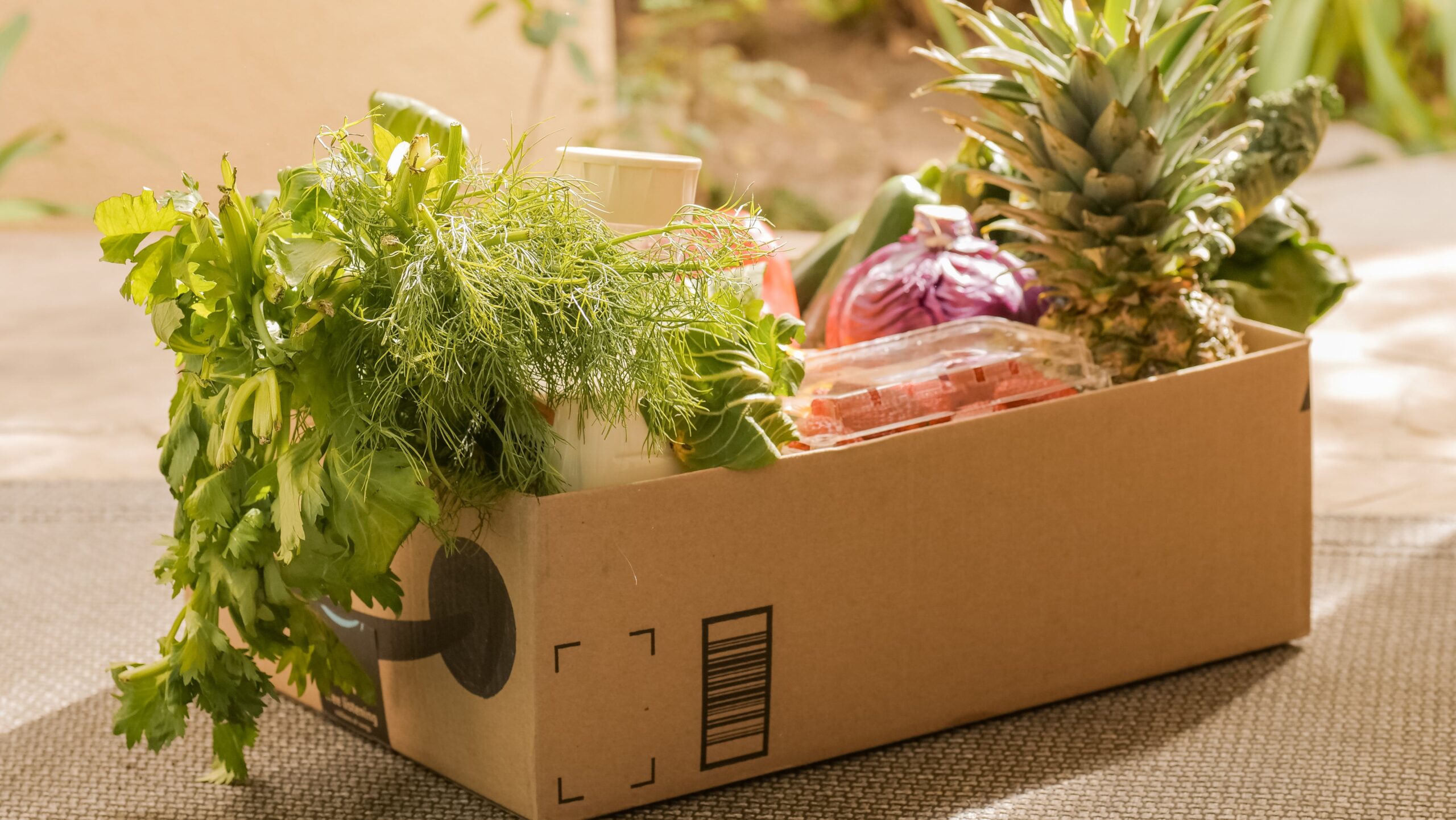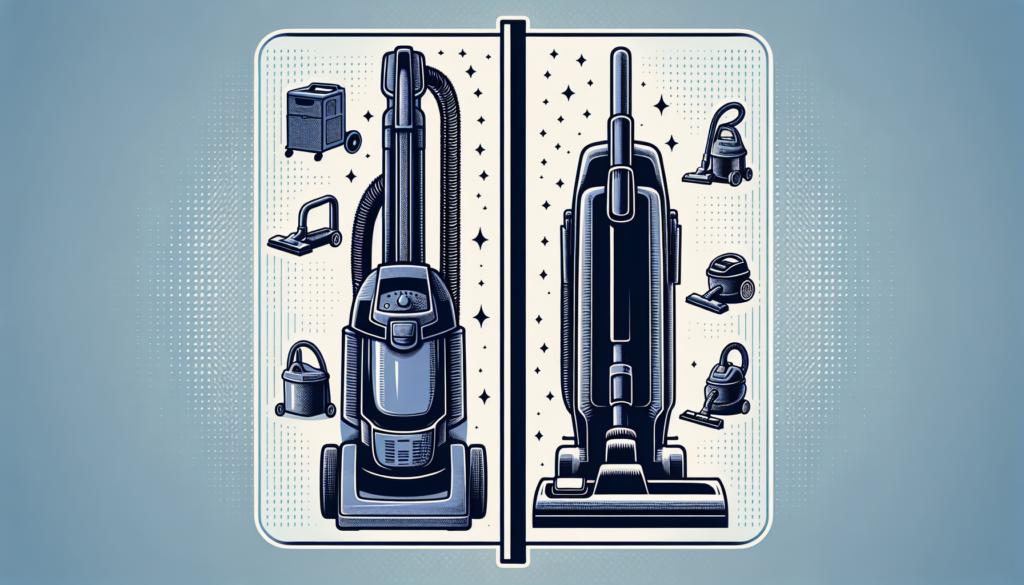Looking to buy a new washing machine? Look no further than BuySellCloud.com for all the expert advice and guidance you need. Whether you’re a first-time buyer or simply in need of an upgrade, our comprehensive buying guides offer all the information you need to make a confident purchase decision. With our trusted insights and tips, you’ll be able to find the perfect washing machine to suit your needs. So, before you head to the store or start browsing online, make sure to check out our expert recommendations to ensure you make the right choice. Happy shopping!

1. Capacity
When buying a new washing machine, one of the first things to consider is the capacity you need. Determining your needs is important, as it will ensure that you choose a washing machine that can handle your laundry load efficiently.
1.1. Determining your needs
To determine your needs, think about the average size of your laundry loads. Are you washing for a large family or just for yourself? How often do you do laundry? By considering these factors, you can get a better idea of the capacity you require.
1.2. Understanding load capacity
Load capacity refers to the amount of laundry a washing machine can handle at once. It is typically measured in pounds or kilograms. Smaller washing machines usually have a capacity of around 9-11 pounds, while larger ones can handle up to 20 pounds or more.
Keep in mind that overloading a washing machine can lead to poor cleaning results and potential damage to the machine. It’s best to choose a washing machine with a capacity that matches your needs without overloading it.
1.3. Considering the size of your laundry area
In addition to the capacity, it is important to consider the size of your laundry area. If you have limited space, you may need to opt for a compact or stackable washing machine that can fit into a smaller area. On the other hand, if you have a spacious laundry room, you have more options in terms of size and design.
Measure the available space in your laundry area before purchasing a washing machine to ensure it will fit properly and allow for easy access and ventilation.
2. Types of Washing Machines
There are different types of washing machines available in the market, each with its own set of advantages and considerations. Understanding the types can help you make an informed decision.
2.1. Top-loading washing machines
Top-loading washing machines are the traditional design where you load the laundry from the top. They are generally more affordable and easier to load and unload compared to front-loading machines. Top loaders also tend to have shorter wash cycles and are less prone to leaking.
However, top-loading machines typically use more water and energy compared to front-loading machines. They may also have a smaller capacity and may not be as gentle on delicate fabrics.
2.2. Front-loading washing machines
Front-loading washing machines have a door at the front where you load the laundry. They are known for their efficiency, as they use less water and energy compared to top-loading machines. Front loaders also have larger capacities, making them suitable for larger households.
These machines often have longer wash cycles and can be more expensive than top loaders. Additionally, they may require more maintenance, such as regular cleaning of the rubber gasket and detergent dispenser.
2.3. High-efficiency top-loading washing machines
High-efficiency top-loading washing machines combine the convenience of a top loader with the energy efficiency of a front loader. They use less water and energy compared to traditional top loaders, making them a good option for those who prefer the top-loading design but want to save on utility bills.
High-efficiency top loaders often have larger capacities and offer a range of advanced features, such as customizable wash cycles and smartphone connectivity. However, they can be more expensive than regular top loaders.

3. Energy Efficiency
Energy efficiency is an important consideration when buying a new washing machine. Not only does it help reduce your environmental impact, but it also saves you money on your utility bills in the long run.
3.1. Understanding energy labels
To determine the energy efficiency of a washing machine, look for energy labels or certifications. In many countries, washing machines are rated on a scale from A to G, with A being the most efficient. Energy labels provide information on the annual energy consumption, water consumption, and other energy-saving features of the machine.
Opting for a washing machine with a higher energy efficiency rating can help you save significantly on energy costs over time.
3.2. Comparing energy consumption
When comparing different washing machines, take a look at their energy consumption specifications. Look for models that have low energy consumption, as they will use less electricity during each wash cycle. Pay attention to both the standard wash cycle energy consumption as well as any energy-saving features or modes the machine may offer.
3.3. Calculating long-term savings
While energy-efficient washing machines may be initially more expensive, they can provide long-term savings. By calculating the potential savings in energy costs over the lifespan of the machine, you can determine if the higher upfront cost is worth it in the long run. Consider factors such as the average lifespan of the washing machine and the cost of electricity in your area.
Remember that energy efficiency is not just about saving money, but also about reducing your carbon footprint. Choosing an energy-efficient washing machine contributes to a more sustainable future.
4. Water Consumption
In addition to energy efficiency, it is important to consider the water consumption of a washing machine. This not only affects your utility bills but also has an impact on the environment.
4.1. Evaluating water efficiency
Look for water labels or certifications that indicate the water efficiency of a washing machine. Similar to energy labels, water labels provide information on the annual water consumption of the machine. Opting for a machine with a lower water consumption can help you conserve water and reduce your environmental impact.
4.2. Comparing water usage
When comparing different washing machines, pay attention to the water usage specifications. Look for models that have low water consumption per wash cycle. Some machines may also offer water-saving features or settings, such as sensors that adjust the water level based on the load size.
4.3. Impact on your utility bills
Choosing a washing machine with low water consumption can help you save on your utility bills, especially if you pay for water usage in your household. Less water usage means lower water bills, contributing to overall cost savings.
Additionally, conserving water is an important step towards sustainable living. By choosing a water-efficient washing machine, you can do your part in protecting this valuable resource.

5. Washing Programs and Features
Different washing machines offer various washing programs and features to cater to different types of laundry needs. Understanding the available options can help you find a machine that suits your specific requirements.
5.1. Essential washing programs
Most washing machines come with essential washing programs, such as normal, delicate, and heavy-duty. These programs allow you to adjust the wash cycle to suit different types of fabrics and soil levels. Look for machines that offer a good range of essential programs to cover your regular laundry needs.
5.2. Specialized washing programs
Some washing machines offer specialized washing programs for specific types of clothing or special care requirements. These programs may include options for wool, silk, sportswear, baby clothes, and more. If you have specific types of garments that require extra care, look for a machine that offers these specialized programs.
5.3. Additional features to consider
In addition to washing programs, washing machines may have additional features that can enhance your laundry experience. These can include things like steam cycles for better stain removal, delayed start options for added convenience, and smart connectivity for remote control and monitoring.
Consider which additional features are important to you and choose a machine that offers those features within your budget.
6. Spin Speed
Spin speed refers to the number of revolutions per minute (RPM) at which the washing machine spins during the spin cycle. The spin speed of a washing machine can have several implications on the washing and drying process.
6.1. Understanding spin speed
A higher spin speed helps remove more water from the clothes during the spin cycle, resulting in faster drying times. This can be particularly beneficial if you rely on a clothesline or drying rack to dry your laundry.
On the other hand, a lower spin speed may be more suitable for delicate fabrics that require gentler handling. It can also help reduce the wear and tear on the clothes.
6.2. Effect on drying time
Choosing a washing machine with a higher spin speed can significantly shorten the drying time, especially if you use a dryer. Less moisture in the clothes means less time and energy required for drying, leading to improved energy efficiency.
However, keep in mind that high spin speeds may not be suitable for all types of fabrics. Delicate items may require a lower spin speed to protect the fibers and prevent damage.
6.3. Finding the right balance
When choosing a washing machine, consider your drying method and the types of fabrics you regularly wash. If you rely on air drying and have delicate items in your laundry, a machine with adjustable spin speed or a lower maximum spin speed may be more suitable. For those who use a dryer or prefer faster drying times, a machine with a higher spin speed can be a convenient option.
7. Noise Level
The noise level of a washing machine can be an important factor, especially if you live in an apartment or have a laundry area close to living spaces.
7.1. Measuring noise levels
Washing machines are rated for noise levels in decibels (dB). Lower dB values indicate quieter machines. When comparing different models, check the noise level specifications to ensure you choose one that suits your preferences.
7.2. Considerations for apartment living
If you live in an apartment or have close neighbors, opting for a quiet washing machine is essential. Look for machines specifically designed for quiet operation, such as those with advanced insulation and anti-vibration features. These machines can make your laundry experience more enjoyable and reduce disturbances to those around you.
7.3. Quieter washing machine options
Many modern washing machines come with noise reduction features to minimize disruptions. Some machines include specialized washing cycles that operate at lower noise levels, while others have extra insulation and vibration control. Read customer reviews and look for machines that are known for their quiet operation.
8. Durability and Reliability
Durability and reliability are important factors to consider when investing in a new washing machine. You want a machine that will last for years without frequent breakdowns or performance issues.
8.1. Evaluating build quality
Look for washing machines with solid build quality and durable materials. Pay attention to the drum material, as stainless steel drums are generally more resistant to rust and wear compared to plastic or porcelain-coated drums. Additionally, check the quality of the control panel, door, and other components to ensure they are well-made and designed to withstand regular use.
8.2. Researching brand reliability
Before making a purchase, it’s a good idea to research the reliability of different brands. Look for reviews and ratings to get an idea of how well each brand’s washing machines perform over time. Longevity and customer satisfaction are good indicators of a reliable brand.
8.3. Reading customer reviews
Customer reviews can provide valuable insights into the durability and reliability of specific washing machine models. Read reviews from verified buyers to get an idea of any common issues or concerns. However, consider both positive and negative reviews to get a balanced perspective.
9. Price Range
Setting a budget is an essential step when buying a new washing machine. Knowing your price range can help you narrow down your options and find a machine that fits your needs without breaking the bank.
9.1. Setting a budget
Consider how much you are willing to spend on a washing machine based on your financial situation and laundry needs. Setting a budget will help you focus on options within your price range and avoid overspending.
9.2. Understanding price ranges
Washing machines come in a wide range of prices, depending on the brand, capacity, features, and energy efficiency. Generally, top-loading machines are more affordable compared to front-loading or high-efficiency top-loading machines. However, each type offers its own set of advantages and considerations.
It’s important to balance your budget with the features and specifications that are most important to you. Avoid compromising on essential factors, such as energy efficiency and durability, in favor of a lower price.
9.3. Comparing features vs. cost
When comparing different washing machines within your price range, consider the features and specifications they offer. Determine which features are essential for your laundry needs and prioritize those. Remember that some features may come at an additional cost, so weigh the benefits against the price to make an informed decision.
10. Maintenance and Warranty
Proper maintenance and a reliable warranty can prolong the lifespan of your washing machine and provide peace of mind.
10.1. Tips for maintenance
Follow the manufacturer’s instructions for maintenance and care of your washing machine. This may include regular cleaning of the drum, filters, and detergent dispenser, as well as checking for any blockages or damage. Proper maintenance can help prevent issues and ensure optimal performance.
10.2. Understanding warranty coverage
Check the warranty coverage provided by the manufacturer. Understand the duration of the warranty and what it covers, including parts and labor. It’s also a good idea to find out if there are any additional warranty options available, such as extended warranties, for added protection.
10.3. Extended warranty options
Consider whether purchasing an extended warranty is worth it for your specific needs. Extended warranties can provide additional coverage beyond the standard warranty period, giving you peace of mind for a longer period of time. However, evaluate the cost of the extended warranty against the potential repair costs to determine if it is a worthwhile investment.
In conclusion, buying a new washing machine involves considering various factors such as capacity, type, energy efficiency, water consumption, washing programs, spin speed, noise level, durability, price range, and maintenance and warranty. By understanding your specific needs and preferences, researching different options, and evaluating the pros and cons of each, you can make an informed decision and find the perfect washing machine that meets your requirements. Remember to compare prices, read customer reviews, and choose a reputable brand to ensure a reliable and efficient laundry experience.




